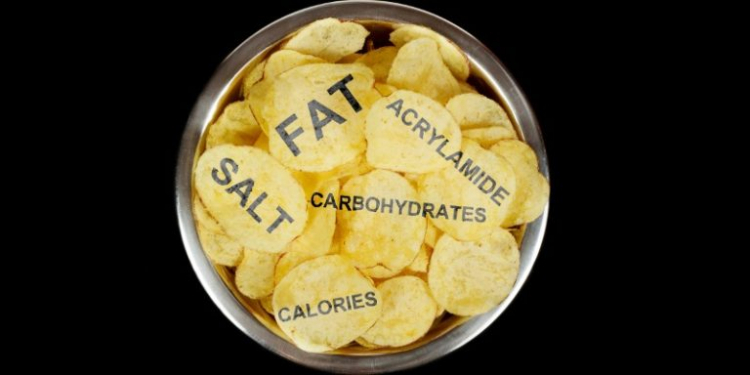Fifteen percent of Brussels’ friteries surveyed selling potato fries with high levels of known carcinogen acrylamide, according to a snapshot survey of potato fries sold in twenty shops.
A joint investigation conducted by Changing Markets and local news brand BRUZZ into the levels of acrylamide found that 15% of the Brussels establishments surveyed were selling potato fries with high levels of acrylamide, exceeding the European benchmark of 600 μg/kg.
The highest acrylamide level found in the survey was 670 μg/kg, over six times higher than the lowest at 100 μg/kg, followed by two samples at 660 and 620 μg/kg. Two samples were at 500 μg/kg – a new benchmark level being proposed by the European Commission. A sample taken at fast food giant McDonalds was above the average levels found in smaller friteries, at 450 μg/kg.
The European Food Safety Authority (EFSA) considers acrylamide in food a concern for public health and has identified potato fried products as the largest contributor to acrylamide exposure, which is of particular concern for young children. European health authorities agree that acrylamide levels in food should be reduced as much as possible and industry can play an important role in these efforts.
Nevertheless, data released by EFSA last year showed the current approach has failed to lower acrylamide concentrations across food products. A recent study from the University of Liège suggests that acrylamide levels in potato fries served in catering facilities in Belgium are in fact increasing.
“The results released today show that any approach to tackle acrylamide that relies on the food industry’s self-regulation is destined to fail,” said Nuša Urbančič from Changing Markets. “It’s time for the Commission to put in place a robust legal framework that sets ambitious legally binding limits for acrylamide in food to ensure that business operators make real efforts to reduce its presence.”
A draft legislative proposal on acrylamide is currently being discussed by the European Commission and MemberStates. This proposal fails to introduce maximum legal limits for acrylamide in food products and keeps the benchmarks at very high levels compared to what is technically possible.
“It’s unclear whether the friteries that exceeded the acrylamide benchmark in our survey are unaware of this issue or are failing to implement good practices” continued Urbančič. “In any case, low acrylamide levels in most of the “frites” tested show that consumers should be able to confidently enjoy their products, if companies take this issue seriously. We would especially encourage regulators to apply stricter controls on bigger companies that can adopt more measures to reduce the presence of this carcinogenic chemical.”







